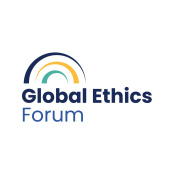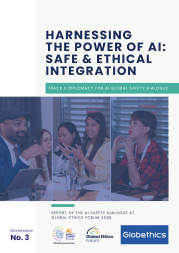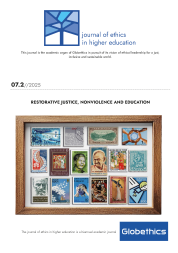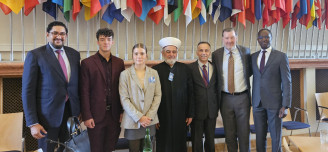Championing ethical AI at G20 Interfaith Forum 2025
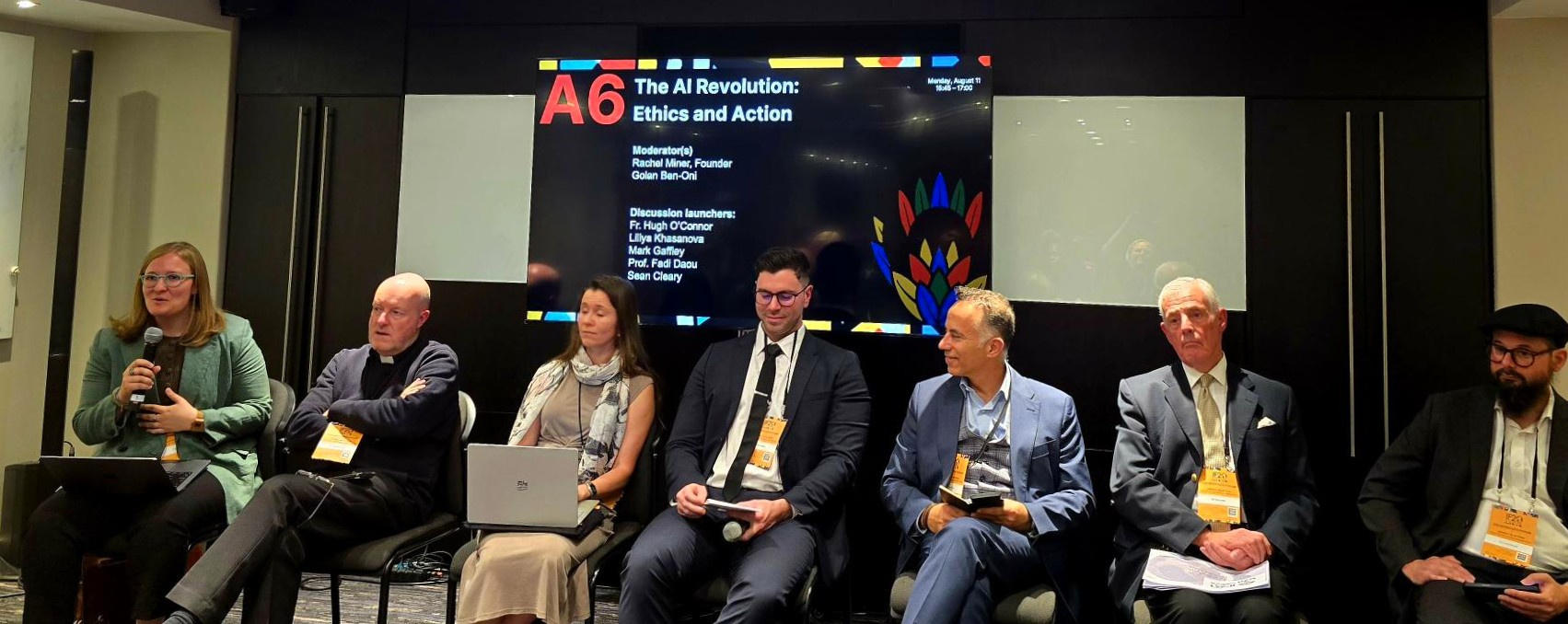
Globethics was honoured to contribute to the G20 Interfaith Forum (IF20), held from 10–14 August 2025 in Cape Town. Under the South African G20 Presidency theme, “Solidarity, Equality, Sustainability,” the Forum convened faith leaders, policymakers, civil society, and academics from around the world to engage on urgent global challenges.
Rooted in the African philosophy of Ubuntu – “I am because we are” – the IF20 spotlighted five priority areas: food insecurity, economic equity, interreligious education, combating organised exploitation, and disaster response. Against this backdrop, Globethics contributed critical expertise in artificial intelligence ethics and in addressing ethnic tensions and racism, underscoring our mission to advance values-driven leadership for a just, sustainable, and interconnected world.
Ethical AI: Common good or new divide?
Globethics Executive Director Fadi Daou and Carike Noeth, Southern Africa Regional Manager, featured prominently in two high-level panels on the ethical governance of artificial intelligence.
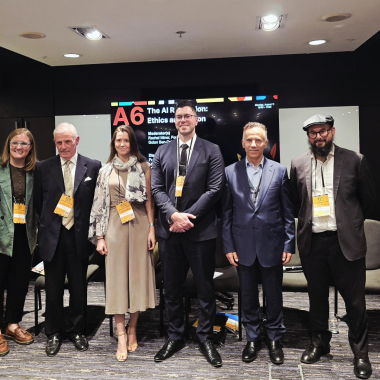
In the session “The AI Revolution: Ethics and Action” (11 August), Prof. Daou framed AI as part of the global common good with transformative potential for education, agriculture, and healthcare, while warning of widening inequalities and underrepresentation of the Global South in regulatory frameworks.
“Faith actors can do more—both on the literacy level and the policy level. Civil society must help shape AI so that it empowers rather than excludes,” Daou urged.
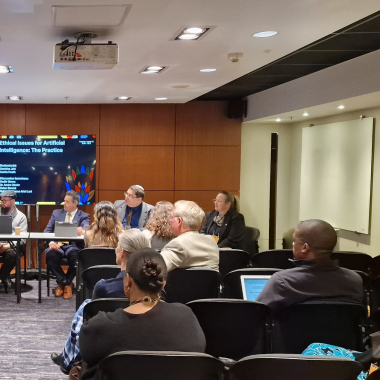
Later, in “Ethical Issues for Artificial Intelligence: The Practice,” Dr. Noeth co-moderated a session exploring Africa’s unique vulnerabilities and visionary contributions: “The promise of AI carries the risk of reinforcing historical divisions—unless we act with deliberate care and ethical responsibility,” she emphasised. “AI must not only be smart, but also just.”
Speakers highlighted the tension between AI’s potential for advancing the Sustainable Development Goals (SDGs) and its resource-intensive, exclusionary risks.
Panelists called for locally rooted, inclusive safeguards and for religious communities to play a stronger role in ensuring AI promotes dignity, justice, and community connection.
Confronting racism and building solidarity
Beyond technology, Globethics also addressed structural injustice in the panel “Addressing Ethnic Tensions, Discrimination, and Racism: Positive Strategies and Challenges Ahead.”
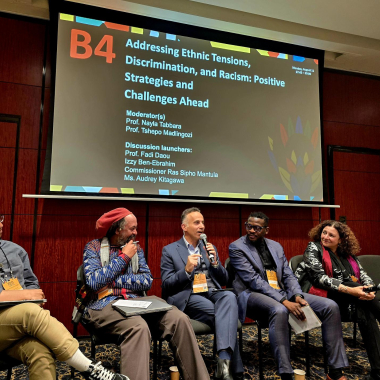
Prof. Daou invoked the Universal Declaration of Human Rights to stress that true fraternity must move beyond legal frameworks to embrace a moral and spiritual vision of humanity: “We must deconstruct the instruments of colonisation and dehumanisation. If you want peace, you need to be ready to transform your enemy into a partner.”
Calling for a shift from identity-based to value-based narratives, he argued for a Global Kairos – a collective commitment to dismantling unjust systems while affirming human dignity across borders, faiths, and generations.
A moral compass for the G20
Globethics’ interventions at IF20 resonated with the Forum’s broader call for inclusive and ethical policymaking in advance of the G20 Summit (22–23 November 2025). From AI governance to racial justice, we underscored the necessity of ethical frameworks grounded in solidarity and the common good.
“This is a critical time for action,” concluded Daou. “Faith communities, governments, and civil society must work together to ensure technology and policy serve humanity, not the other way around.”
As the world turns toward Johannesburg in November for the G20 Leaders’ Summit, Globethics’ contributions in Cape Town reaffirmed its role as a vital ethical voice at the intersection of faith, technology, and global governance.
